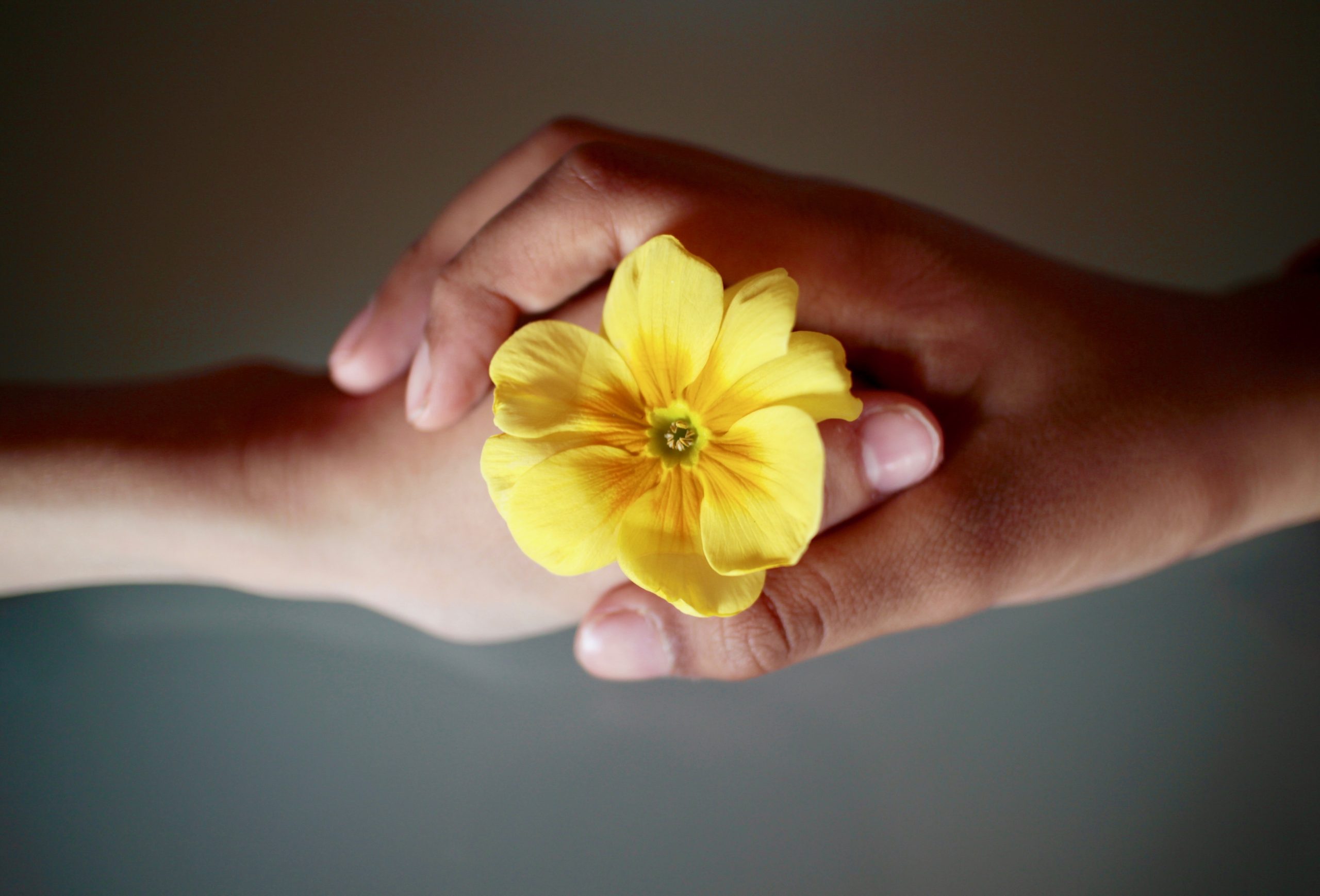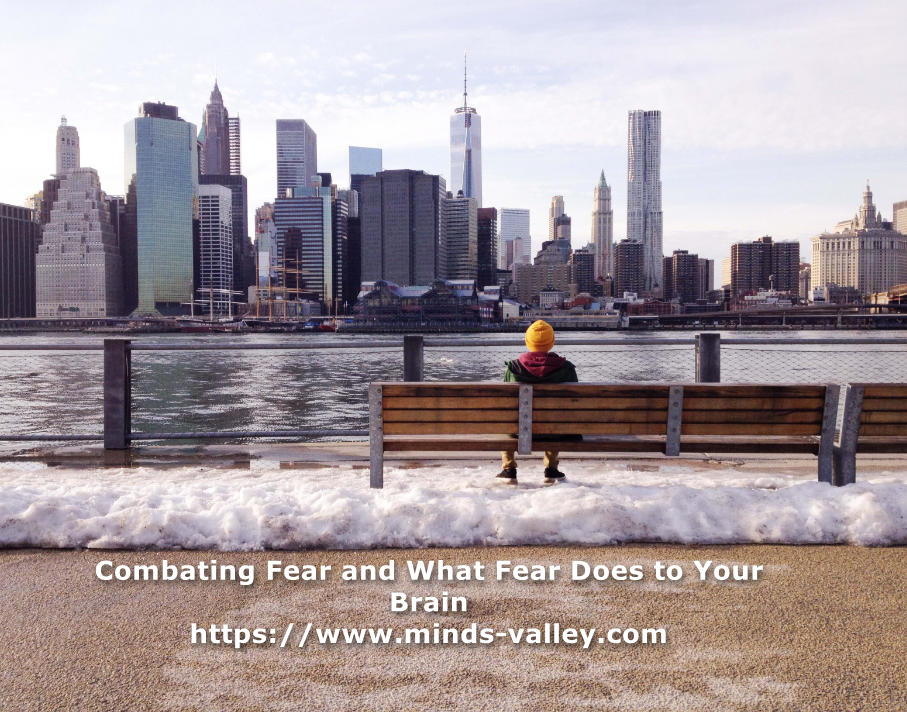
the mindfulness cure for health care burnout
An excerpt from Mindful MD: 6 Ways Mindfulness Restores Your Autonomy and Cures Healthcare Burnout.
For Mira, the inner chatter started when her alarm buzzed at 5:15 a.m.—and it was anything but calm and friendly. When she didn’t get out of bed to exercise: I’m such a slug. Why can’t I have the self-discipline other physicians have? I’ve never had what it takes.
When her 17-year-old daughter, Ella, wasn’t getting her homework done: What am I going to do about her grades? Maybe I should get her a tutor, but tutors cost a lot, and I need to save for college. My ex is making this so difficult. I can’t believe he’s resisting paying support again. What an idiot I was to marry him in the first place!
When traffic was jammed on her way to work: Why is everyone driving so slowly? I hate my commute. What was I thinking by moving to a practice so far away? Maybe I should quit and look for something closer to home. If I was only home more, Ella wouldn’t be having all these problems.
When she arrived late to her office, facing a difficult patient and another double-booked morning: It’s completely unfair that I have to see so many patients. I can’t stand it when patients like her are on my schedule. How am I ever going to get through another day like this?
Not even 3 hours into her day, Mira already felt overwhelmed.
While it seemed clear to Mira that it was her daughter, ex, commute, and schedule to blame for her overwhelm, that was actually only a partial truth. Her life circumstances as a physician and single mom were complicated. It’s no easy thing raising teenagers, being a busy physician, and meeting the demands of an overbooked panel of patients—a daily juggling act anyone would find stressful.
But the difficulties of Mira’s existence were multiplied by the soundtrack of thoughts that played in the background of her days.
What we don’t learn
Our minds are extremely busy places. Thought upon thought is how most of us go through our days. All these thoughts overlay our actual experience and, without awareness, become our experience. What goes on in our minds literally becomes the world that becomes the world we see.
For longevity in a stressful career like medicine, it is vital to learn to work with your own mind—it is truly the most important instrument you’ll ever operate.
Unfortunately, medical school doesn’t teach us how to do so.
In fact, the medical school curriculum is dominated by the vast amount of specific knowledge needed to practice medicine: Findings on complex biochemical pathways, the physiology of the heart and lungs, and even issues as esoteric and detailed as acid-base imbalances in the kidney.
But we don’t learn how to manage mornings like Mira’s. Alongside the core curriculum, we learn next to nothing about how we work, how we react, how to manage the complex emotions we experience, how to take care of ourselves and avoid burnout, and how to cope with all the change and uncertainty of the health care landscape. At the core of this is self-awareness and self-management, the foundation of mindfulness.
In all the hours spent on acquiring knowledge, little to no time is spent on how to manage our minds. Yet, our minds and the thoughts they produce form the portal through which we experience everything. This portal is the complex filter through which all incoming data is processed, and it dictates the learning, growing, understanding, and interpreting of all that we experience. And quite often, as was the case for Mira, what the mind generates are draining, fear-based overgeneralizations that do not always reflect the reality in front of us.
The first key to managing this complex instrument is recognizing that you are not your thoughts—the first way mindfulness restores your autonomy and cures health care burnout.
Training the mind
Let me take a step back and explain what mindfulness is.
First and foremost, it’s the complete toolkit to managing your most important instrument as a physician (and as a human): Your mind.
A more traditional definition is that mindfulness is our capacity for awareness—conscious, open, receptive, and purposeful awareness—of what is occurring in the present moment. It involves utilizing this awareness to train our minds to shift away from the thoughts that most of us are preoccupied with and shift toward what we are actually experiencing, rather than our thoughts about our experience. It involves training our minds to shift toward the reality of what’s happening in the present moment, the one that is occurring right now. At its core, it is a way of being and relating to ourselves, our circumstances, one another, and the world around us.
With mindfulness, we are training ourselves in our ways of thinking, feeling, and behaving. We are training ourselves to see which of our thoughts are helpful and which are not. We’re training our minds to be less attached to the unhelpful ones, to let them pass through without giving them as much of our attention. A core part of this detachment is recognizing that the randomly generated blurbs created by our minds aren’t us.
With mindfulness, we are training ourselves to become the master of our minds, a skill that is especially important for physicians.
Mira, like most of us, was anything but.
Without this training, we are like a boat adrift at sea. We don’t have an anchor or a compass to steady and guide us. We don’t have the tools to right our thinking or manage the complex emotions that arise in our stressful lives and work. In a sense, our mind is allowed to run wild. We are left prey to our circumstances, without what we need to work with them. We are left reacting to everything that occurs around us. For many physicians, this means having few tools to manage all the instability, change, uncertainty, moral distress, and turmoil a career in health care now involves.
The good news is that these are tools mindfulness provides.
Gail Gazelle is an internal medicine physician, physician coach, and the author of Everyday Resilience: A Practical Guide to Build Inner Strength and Weather Life’s Challenges and Mindful MD: 6 Ways Mindfulness Restores Your Autonomy and Cures Healthcare Burnout.









